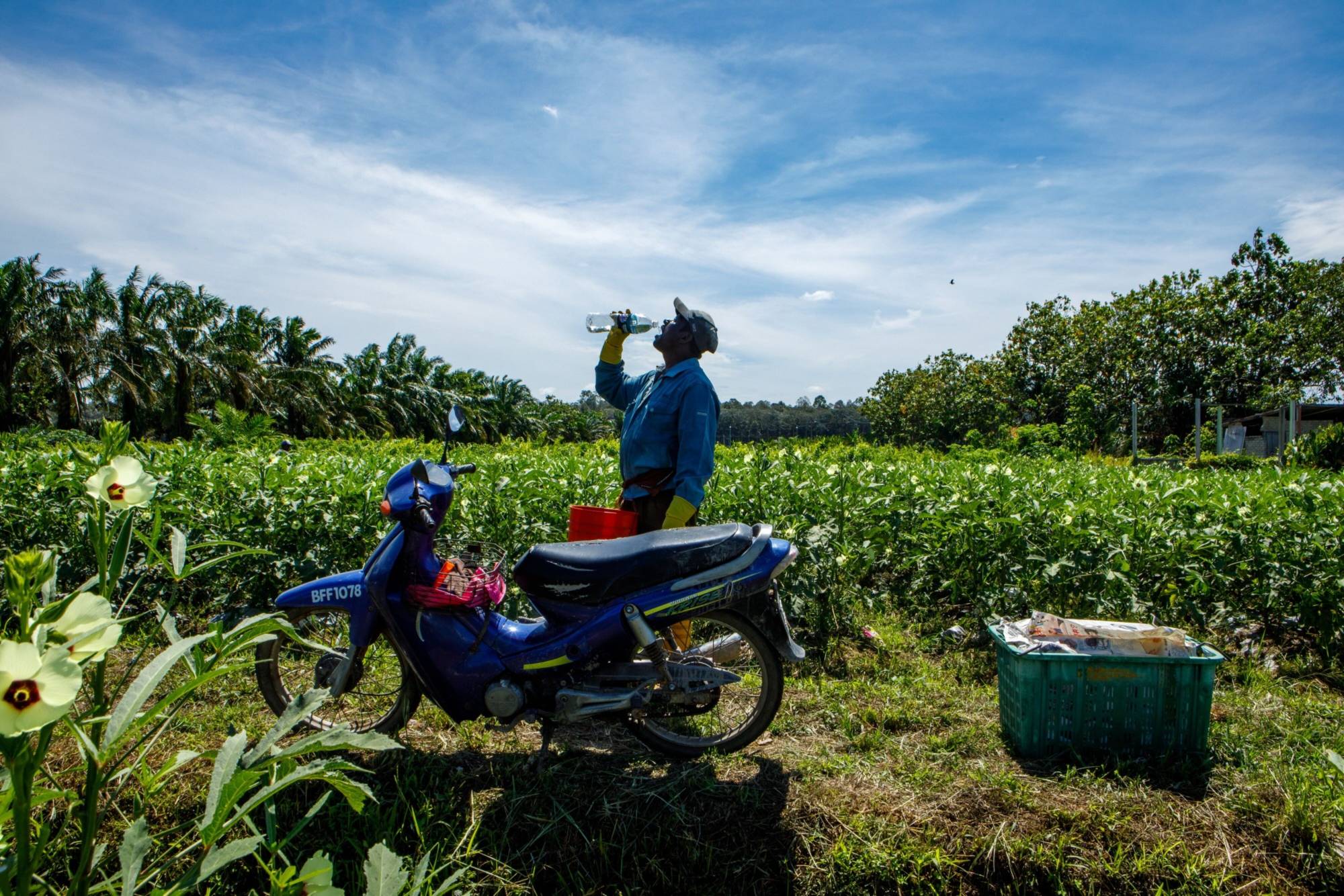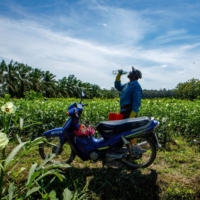The return of El Nino after nearly four years is raising the specter of extreme weather, economic pain, and agricultural disruption across the globe. Now add another unpleasant effect to the mix: a resurgence of tropical diseases.
The World Health Organization sounded the alarm in a news conference earlier this month, when Director General Tedros Adhanom Ghebreyesus warned that the weather phenomenon "could increase transmission of dengue and other so-called arboviruses such as Zika and chikungunya.”
Mosquitoes that transmit such viruses flourish in the warmer weather that El Nino is set to bring to many parts of the world.
Regions from South America to Asia are already grappling with surges in tropical diseases. Peru has declared a state of emergency over its worst recorded dengue outbreak on record, with about 150,000 suspected cases reported so far this year. The WHO warned that infections are putting a "heavy burden” on the country’s health system.
Meanwhile, Thailand has seen its highest number of dengue cases in three years, with 19,503 reported by local health authorities from the start of 2023 through the first week of June. Cases are also on the rise in Malaysia and Cambodia, according to the WHO, while Singapore authorities warned earlier in the year about the potential for a surge in cases between June and October.
Elsewhere, other tropical diseases are taking a toll. Paraguay has reported at least 40 deaths from an ongoing outbreak of chikungunya that began last year, according to the U.S. Centers for Disease Control and Prevention.




















With your current subscription plan you can comment on stories. However, before writing your first comment, please create a display name in the Profile section of your subscriber account page.